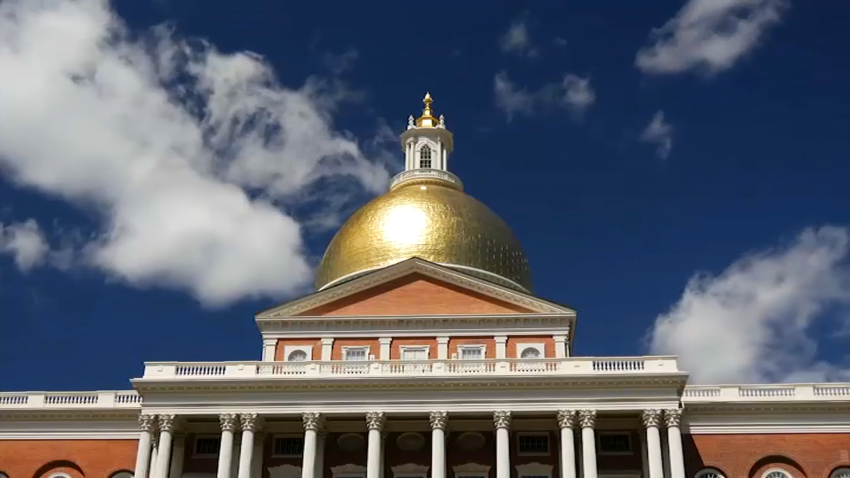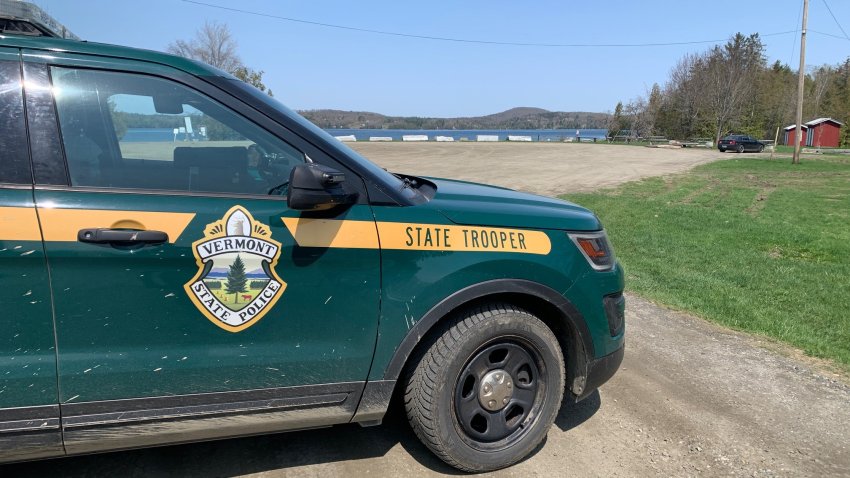

The Latest
-

Chilly air, gusty winds in store Tuesday
It feels like we’re living in an alternate weather reality. The drought continues – despite the frequent showers and incessantly gray skies, flakes keep popping up in Boston (officially recorded some Monday), and temperatures are dropping notwithstanding a return of the sun. Yes, the weather world is weird in spring. A speedy front will provide all... -

‘Celtics City' beyond the episode: The Len Bias tragedy
Len Bias’ tragic death and the downfall of the 90s Celtics were the subjects of the sixth episode of Max’s “Celtics City” docuseries.
-

Curran: Pats players must ‘re-prove themselves' at voluntary OTAs
Tom E. Curran and Phil Perry discuss Day 1 of Patriots voluntary OTAs and Mike Vrabel’s approach to the offseason program.
-

‘Equity is a marathon': BAA has worked toward inclusion, but work remains, runners say
With the Boston Marathon having come under scrutiny for a lack of diversity among participants, the Boston Athletic Association has stated its commitment to prioritizing racial equity
-

WATCH: Ceddanne Rafaela makes insane sliding catch vs. Blue Jays
Red Sox center fielder Ceddanne Rafaela made an incredible sliding grab on the first pitch of Monday’s game against the Blue Jays to rob Bo Bichette of an extra-base hit.
-

Nearly 100,000 took part in Boston's ‘Hands Off' rally, organizers say
The massive “Hands Off” rally in Boston this weekend saw nearly 100,000 people in the streets, organizers said Monday.
-

3 men arrested in November killing of man, woman in Worcester
Three men have been arrested on murder charges in a shooting that left a woman and a man dead in Worcester, Massachusetts, in November, police said Monday.
-

Harvard borrows $750M after funding threats from Trump
Harvard issued a $750 million bond dated Sunday for what it says was “ongoing contingency planning,” an unusual step that shows the financial pressure faced by the nation’s wealthiest school amid federal funding changes.
-

How Wilyer Abreu is making history with hot start for Red Sox
Red Sox outfielder Wilyer Abreu has been one of baseball’s best players through the first 10 games of the 2025 season.
-

New details emerge in court about Mass. police officer who arranged to meet teen for sex
New details emerged in court Monday about a Massachusetts police officer arrested recently as part of a human trafficking sting.
-

Tatum ‘wanted more' early in NBA career, now credits Celtics' approach
Jayson Tatum admitted in a sitdown with Brian Scalabrine he wanted a bigger role early in his Celtics career, but he acknowledged everything “worked out how it was supposed to” in Boston.
-

Mass. House budget bill goes ‘very heavy on transportation,' leveraging surtax
House Democrats will seek a vote this week on a roughly $1.3 billion spending plan that would inject hundreds of millions of dollars into the MBTA as the agency wrestles with a major budget gap.









